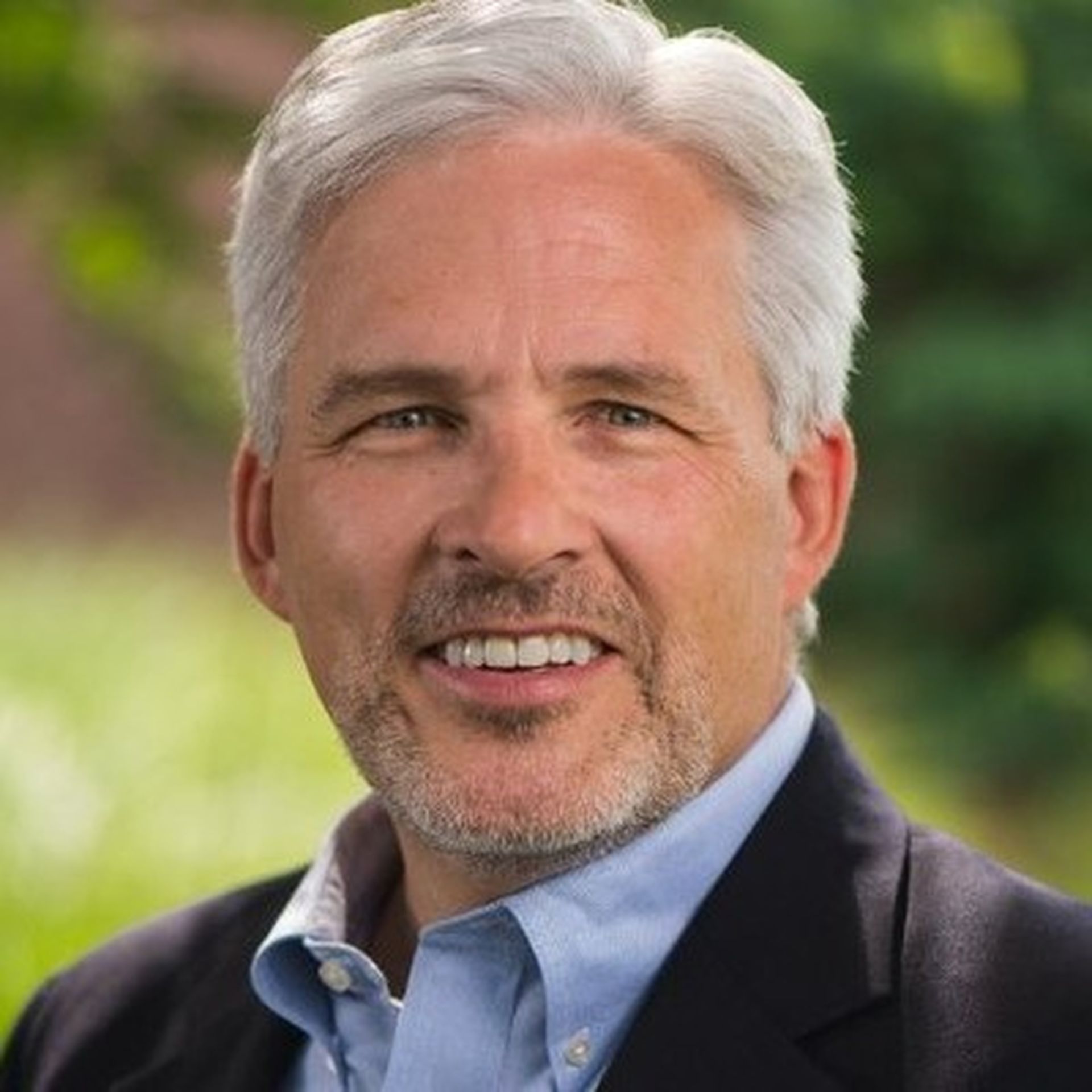In a prior column on President Biden’s Executive Order on AI , I argued for developing homegrown talent instead of making it easier for our adversaries to take the jobs.
Before discussing ideas on developing more homegrown talent, let's address the consequences of not having a solution and what it means to American competitiveness, innovation, and security.
Our colleges and universities are at the heart of developing talent. Our adversaries know this. Chinese students are usually at the top of the list to attend American colleges, and for good reason.
The numbers alone should cause concern. Of the more than 1 million foreign students attending a university, around 350,000 are Chinese, according to the Institute of International Education. Many in the STEM fields are focused on two of the most highly-sought after technologies; artificial intelligence (AI) and robotics. This isn't solely about economic power.
Future battlefields, armies, and weapons will depend on who has the superior technology. China has made it abundantly clear that it wants to have global domination in these domains within a decade.
Another player has emerged in the battle for the hearts and minds of our youth: Qatar. According to the National Association of Scholars, the oil-rich country has become the "top foreign funder of American universities, donating at least $4.7 billion between 2001 and 2021." The report said many research projects include medical research, cybersecurity, and economic development.
How do we move forward?
Sometimes, we don't need to look further than our own backyard.
Consider Sonu Singh’s story. Singh looked around the federal contracting landscape and saw how difficult it was to fill many of the open seats in the traditional areas of Northern Virginia, Washington D.C., and Southern Maryland. He started the 1901 Group, an homage to the year 1901 when assembly line automation was invented.
His philosophy was simple. Sometimes, the people we need are right in front of our noses. 1901 started in Blacksburg, located next to Virginia Tech. There was a pool of untapped talent that Sonu used to build cloud, cybersecurity and digital modernization for the public and private sectors. He expanded to other rural areas and, as a result, a significant defense contractor scooped up 1901 to close a gap they had difficulty filling.
Some common sense approaches can close the gap. None of these are a silver bullet or will happen overnight. Part of our problem is that we default by looking elsewhere if we don't get immediate results. It's easier to issue a visa than to embark on a dedicated program to develop more appreciation and need for science, technology, engineering, and math.
Begin by incentivizing American entrepreneurs to innovate with unique solutions. It's hard to compete against Qatar's money and the numbers from China, but that doesn't mean we should shrug our shoulders and say, "Oh well."
Like John Kennedy said about going to the moon: "We choose to go to the moon in this decade and do the other things not because they are easy, but because they are hard. Because that goal will serve to organize and measure the best of our energies and skills, because that challenge is one that we're willing to accept."
We can also impose stricter enforcement of visas from adversarial countries. Let’s increase demand at home by drying up the easy availability from other countries.
Higher education is ripe for disruption. It's been the same business model and approach for easily 100 years. It's time to rethink how we educate for the future. We know, right now, where the gaps are, and why too many American students enter college unprepared. We need to focus the curriculum on STEM starting in elementary school, much like they do in Israel.
Is it a long lead time? Yes. Is it worth it? Absolutely.
Apple knew they couldn’t create an entirely new generation of consumers overnight. Going back to at least 1978, Apple started getting their computers into schools. Today, it's rare to see a classroom without Apple technology somewhere.
We know where the talent resides. It’s time we stop prospecting and start digging. The best time to start closing the gap was two decades ago. The next best time is today.
Morgan Wright, chief security advisor, SentinelOne




